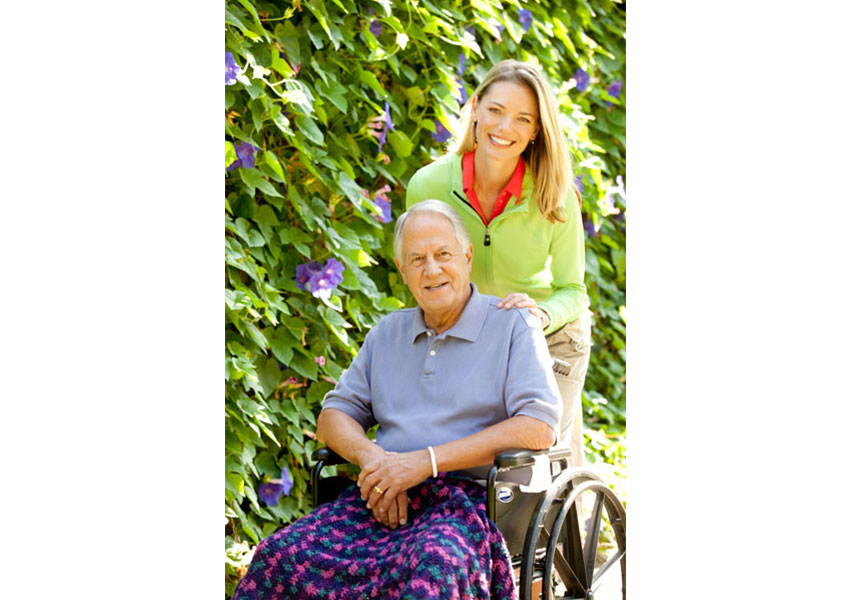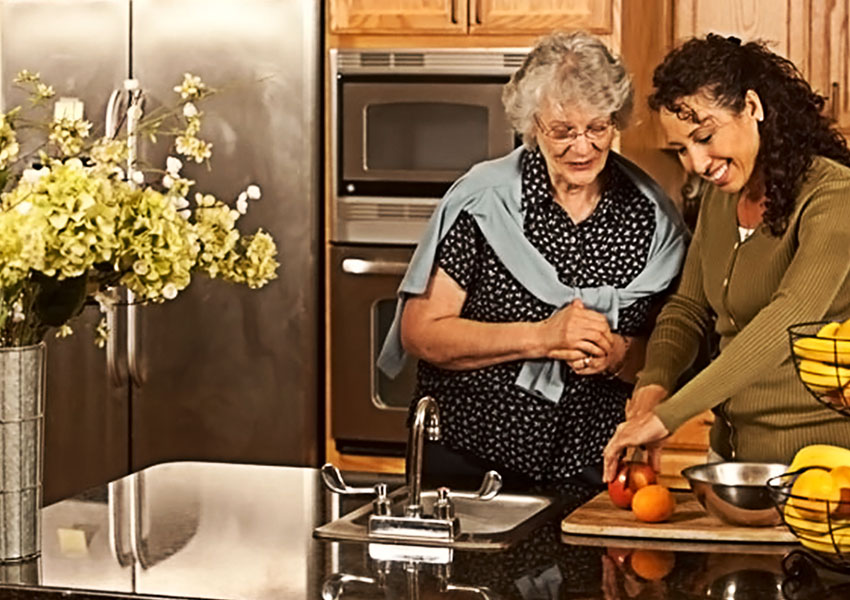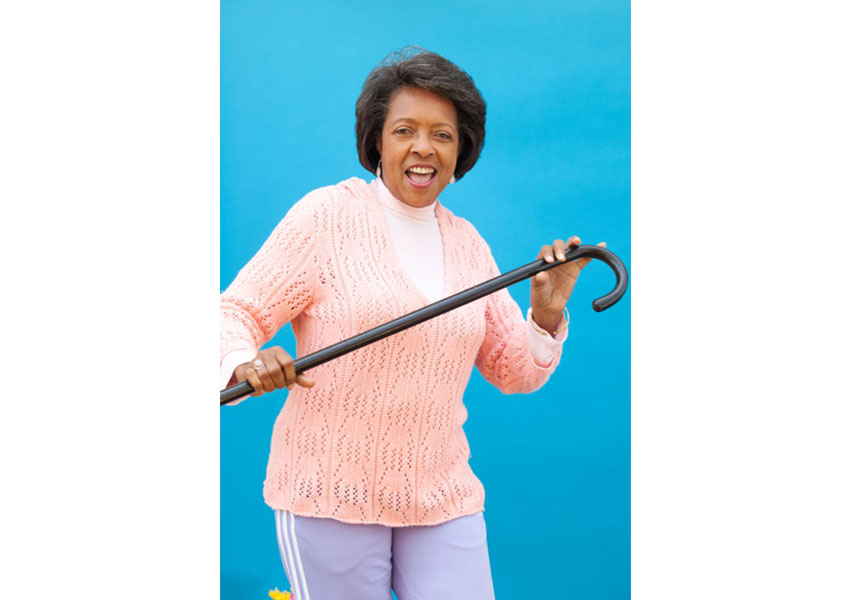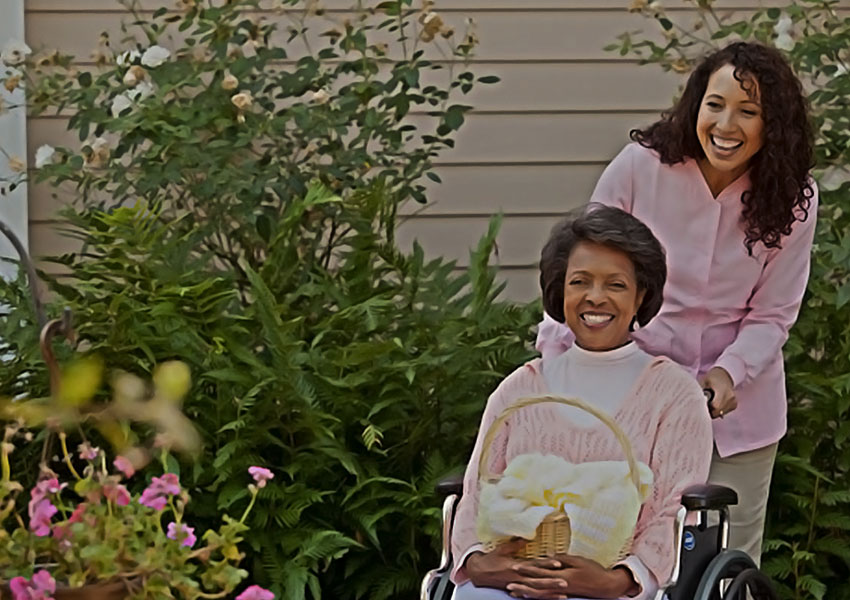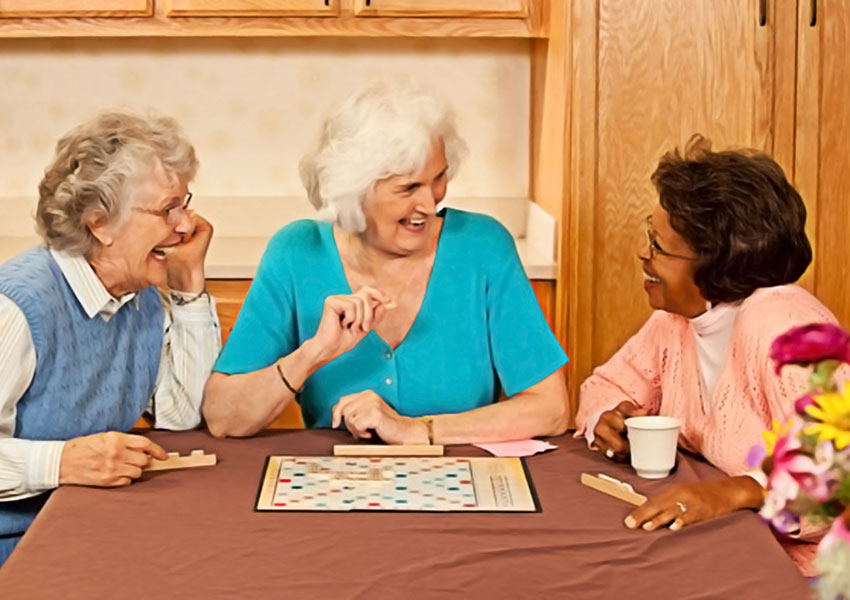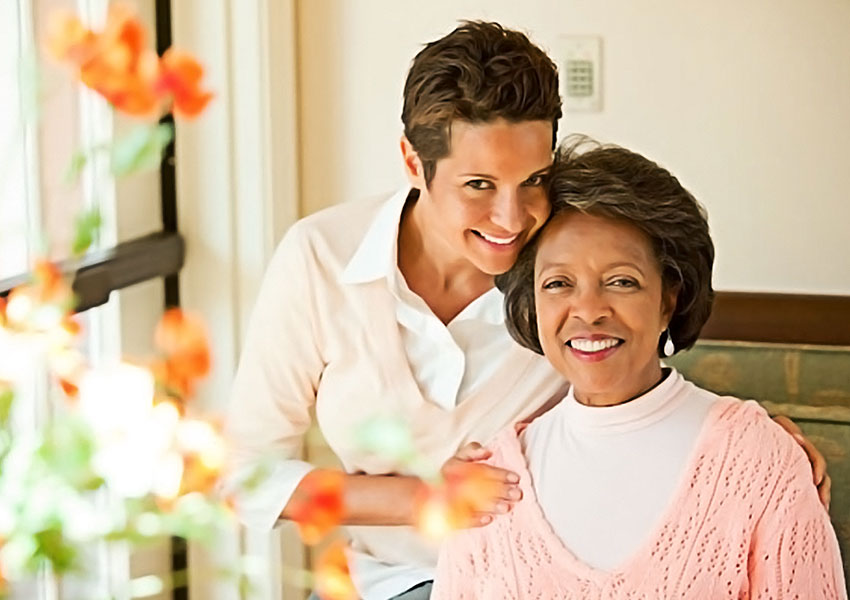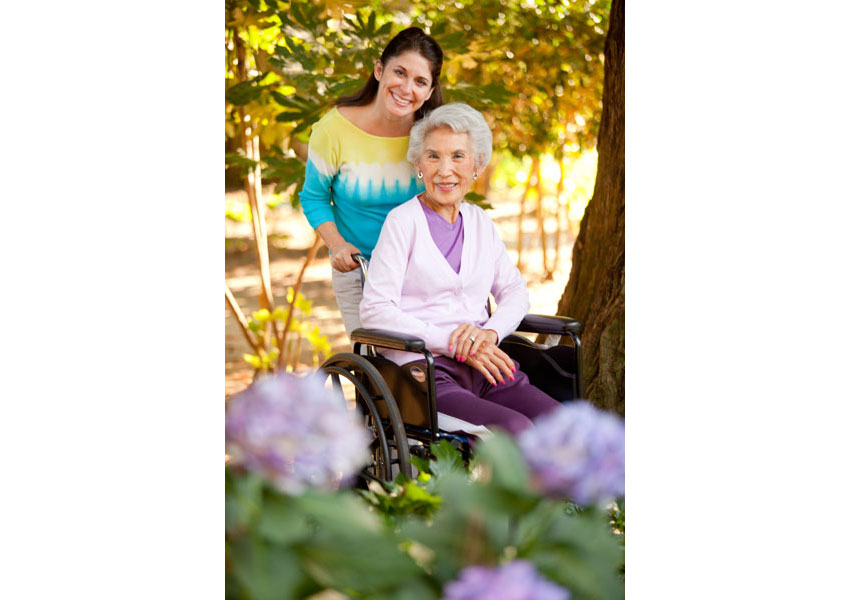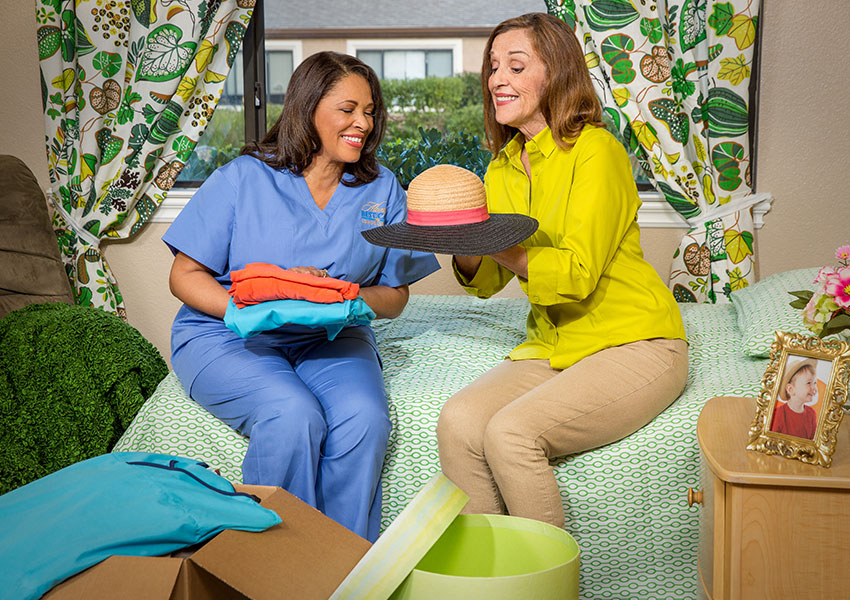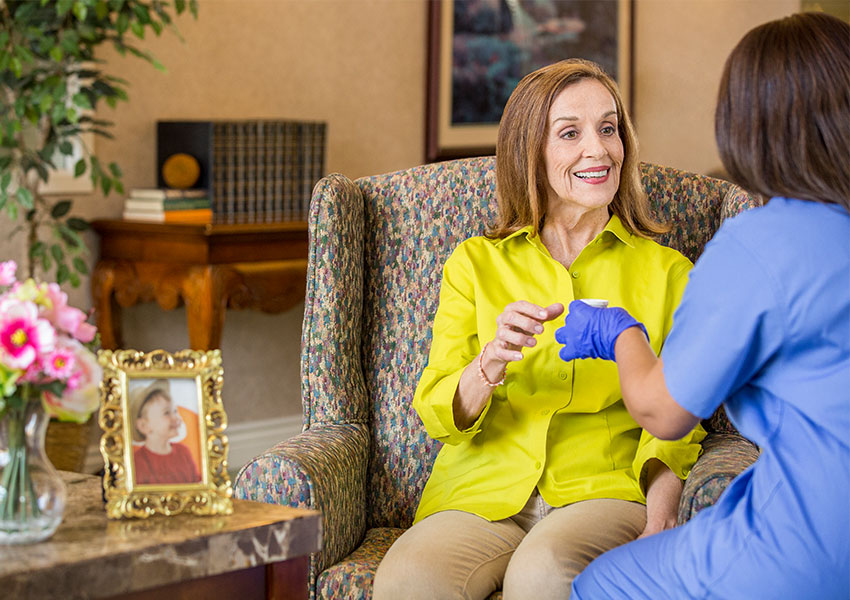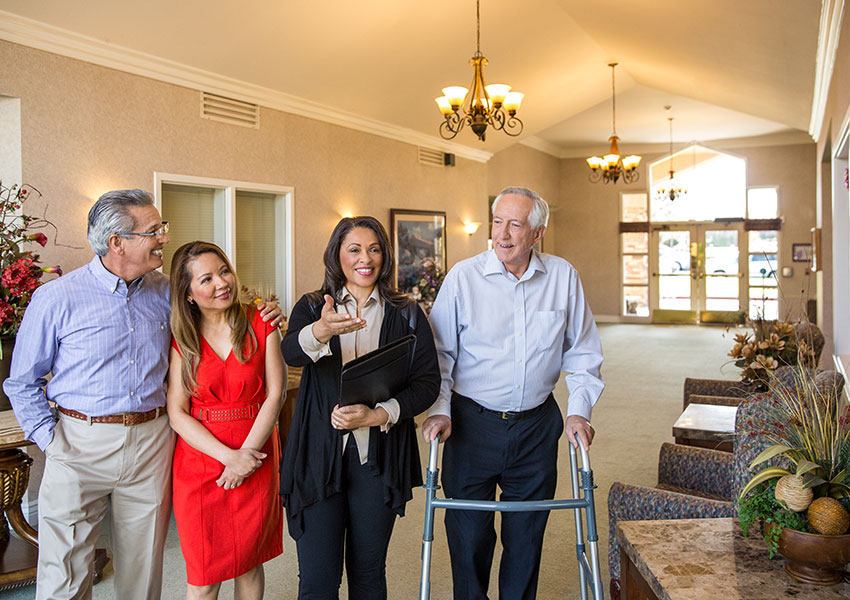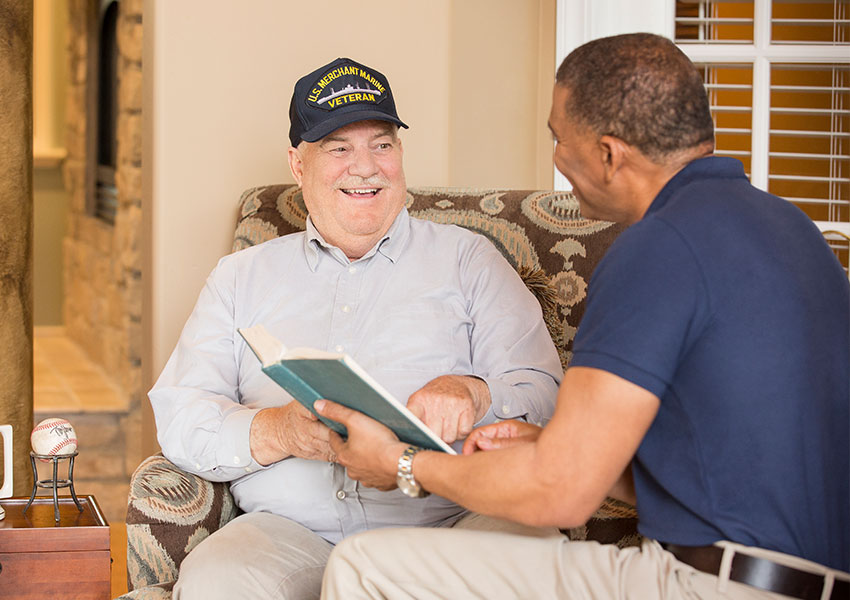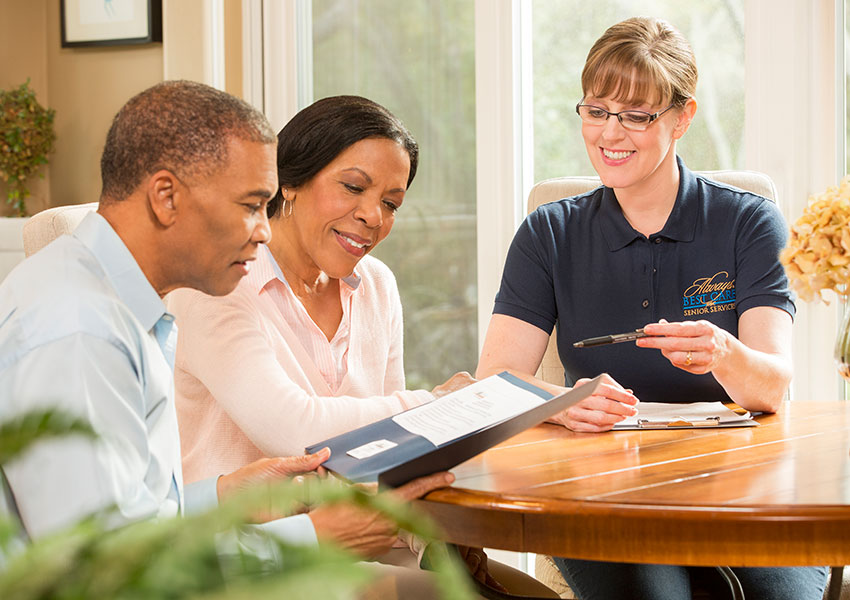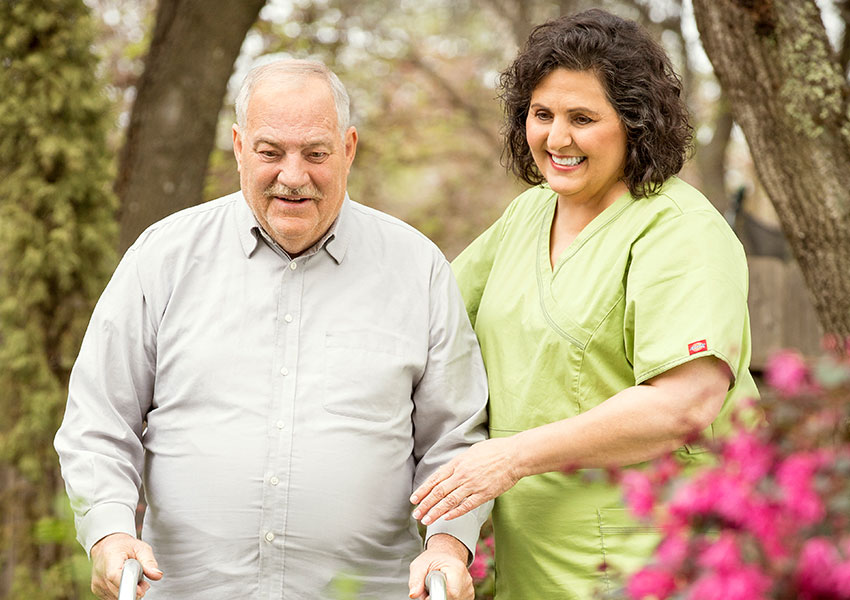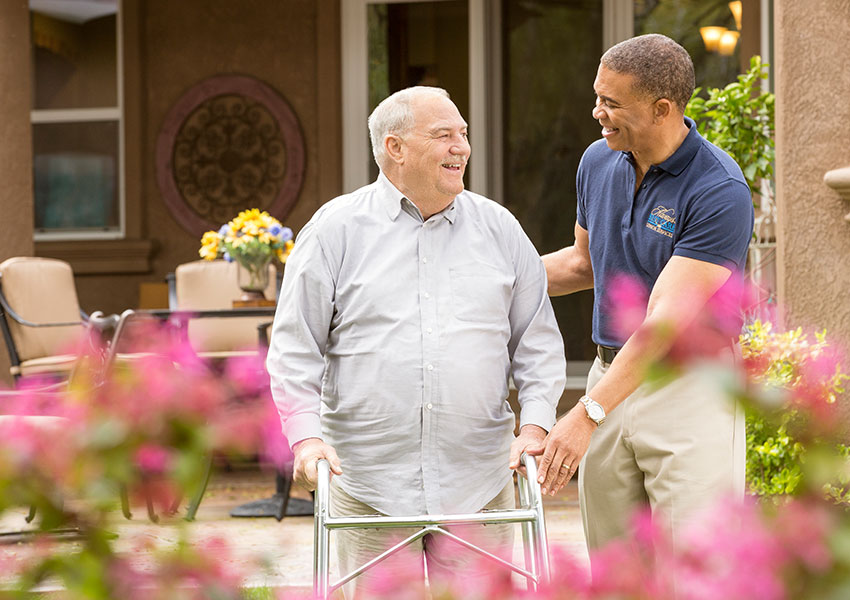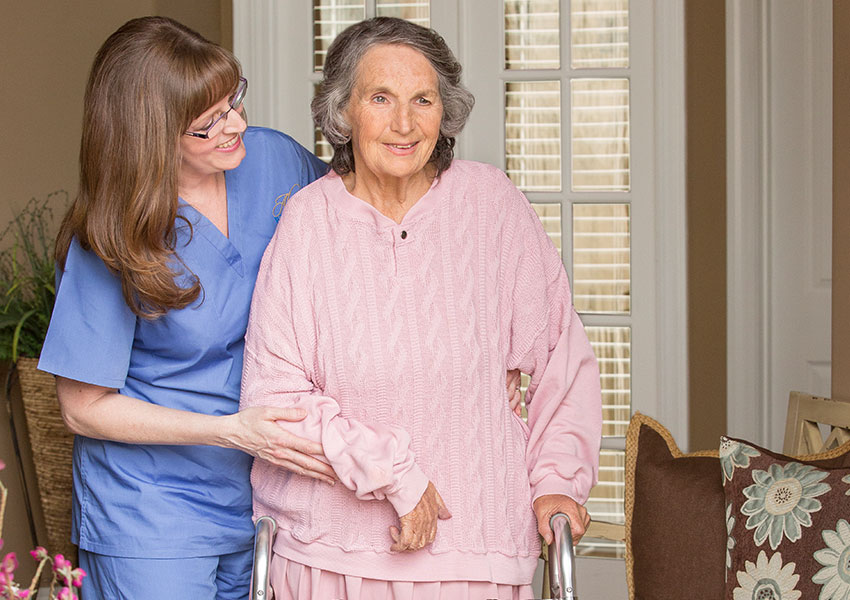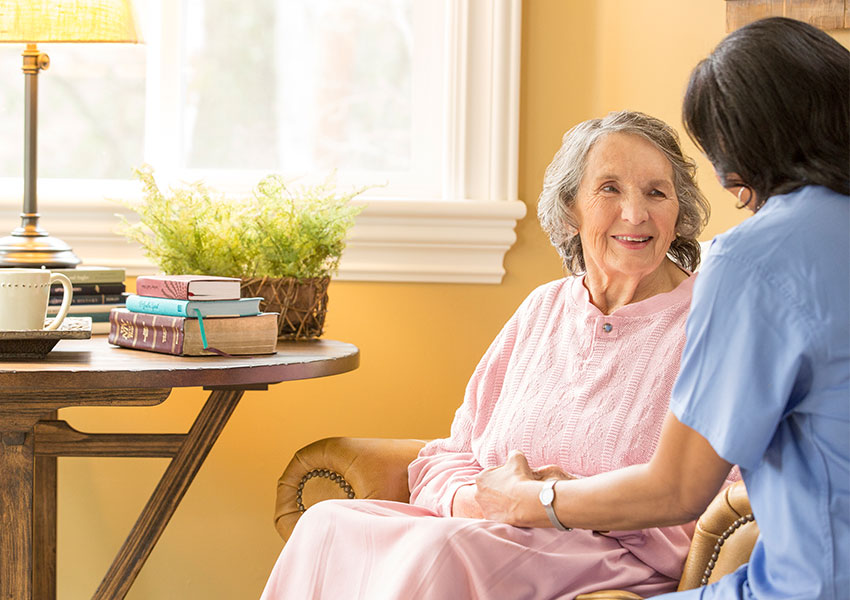 The ability to communicate is a big part of what holds the world together. Speaking and listening form the foundation of interpersonal communication, but we often take those abilities for granted. However, things tend to change as people grow older. The diminishment of the senses is something that often accompanies aging, and the sense of hearing tends to be one of the first senses to show signs of decline. If you are caring for a senior loved one who is experiencing hearing loss, the changes in your ability to communicate effectively can be frustrating. Fortunately, the loss of hearing doesn’t have to equate to the loss of any of life’s enjoyment.
The ability to communicate is a big part of what holds the world together. Speaking and listening form the foundation of interpersonal communication, but we often take those abilities for granted. However, things tend to change as people grow older. The diminishment of the senses is something that often accompanies aging, and the sense of hearing tends to be one of the first senses to show signs of decline. If you are caring for a senior loved one who is experiencing hearing loss, the changes in your ability to communicate effectively can be frustrating. Fortunately, the loss of hearing doesn’t have to equate to the loss of any of life’s enjoyment.
Here are some tips to help you care for a loved one whose ability to hear has diminished:
Determine If It’s Hearing Loss
First, it’s important to determine whether the challenges you’re facing are actually due to hearing loss or if they’re related to something else.
The following symptoms are typical signs of hearing loss, and if your loved one suffers from multiple symptoms, it’s time to see a doctor.
– Need to strain to hear people speaking in conversation
– Hearing on the telephone is difficult
– Ringing or hissing sounds are present throughout most of the day
– The television or radio needs to be turned up to its loudest setting
– People are asked to repeat themselves frequently
– Background noise gets in the way of understanding speaking voices and other essential sounds
See a Professional
Once you’ve determined that hearing loss is present, it’s time to make an appointment to see the doctor to get the hearing checked. Often, doctors will prescribe hearing aids. Fortunately, hearing-aid technology has improved considerably in recent years, so if your loved one is reluctant to be fitted, explain that the new models are more effective and much less obtrusive than older hearing aid designs.
If the hearing loss becomes severe, other methods of treatment may be suggested by medical professionals. For example, cochlear implants are often prescribed for those whose hearing loss has become severe or has transitioned into deafness.
The best thing you can do for an aging loved one who is experiencing hearing loss is to be patient and empathetic. It can be incredibly frustrating to interact with someone who is unable to hear you clearly, but it’s even more frustrating for them. Your calm nature and your ability to provide compassionate care will reduce tensions and make it easier to find effective solutions. Be with your loved one and make sure they understand that you’re there for them as they go through the difficulties associated with a loss of one of the senses.
More Help for Hearing Loss
If you’re wondering how you can get help caring for an aging loved one who may be experiencing hearing loss, Always Best Care is here for you. Call us today at 1 (855) 470-CARE (2273) and learn how you can receive your FREE consultation.









